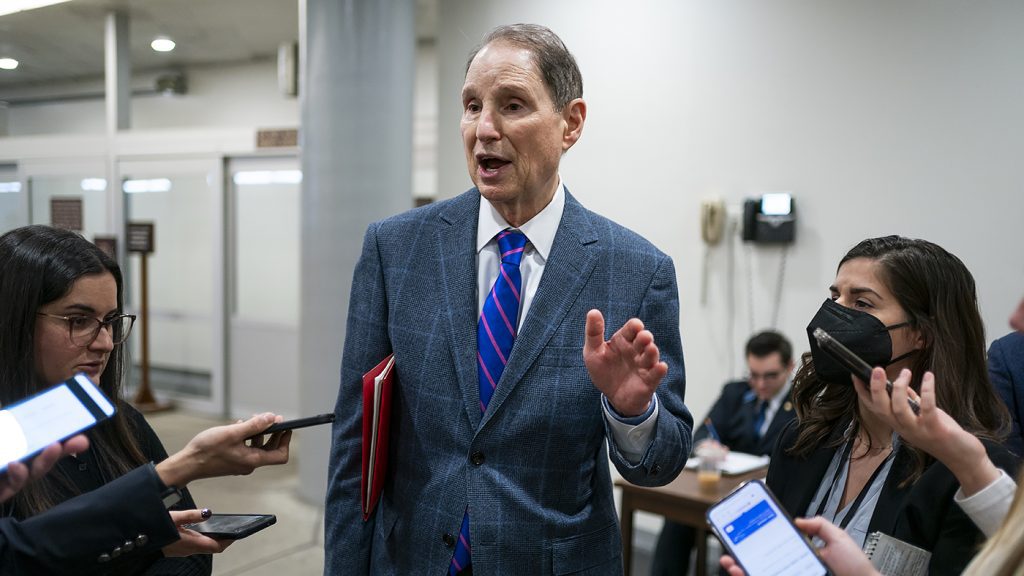Senators from different political parties are working together to stop a change that was added to a bill renewing Section 702 of the Foreign Intelligence Surveillance Act (FISA). They argue that the change would make more companies help the government spy on foreigners.
Senator Ron Wyden and others want to remove a part of the bill that the House added, which changes which types of communication companies have to follow the law.
Intelligence Committee Chair Mike Turner from the House added an amendment to the bill to deal with a secret situation where the government wanted a communication company to help with surveillance outside the US. The Foreign Intelligence Surveillance Court said a change in the law was needed for the company to help.
The House Intelligence Democrats said the change is meant to deal with a very specific and secret situation.
Opponents think the change is too broad and could affect many businesses.
Senator Wyden said on Friday that the government shouldn't make laws about surveillance in a secretive way. He also said that the new provision could affect almost any American.
Adding a last minute change that greatly increases surveillance powers in a way that could affect almost any American is very irresponsible, according to Wyden.
The change in the bill changes the definition of electronic communications service providers, but says that restaurants, hotels, and businesses serving the public don't have to follow Section 702 surveillance.
A senior official from the Department of Justice said that the exceptions in the change cover all the concerns that have been raised. It doesn't apply to food service, public accommodation, homes, apartment buildings, and other public places.
The claim that this change greatly increases the government's authority is not accurate.
However, Wyden argued that even if these businesses are not affected, the companies providing them with communication equipment or services might be impacted.
According to Wyden, under the new provision, landlords, cable and wifi maintenance companies, and others could be forced to assist the government with surveillance.
The Justice Department sent a letter to Senate Intelligence leaders on Thursday to calm fears about the House amendment and promised to use it in a limited way.
Carlos Uriarte, head of legislative affairs for the Justice Department, wrote in the letter that the new definition of ECSP would only apply to the type of service provider involved in the secret situation before the Foreign Intelligence Surveillance Court. The company would be disclosed in a classified appendix.
The ECSP provision in H.R. 7888 was made to avoid giving away sensitive collection methods to foreign enemies.
To Wyden, that meant the measure was not narrowly written enough to prevent abuse.
The DOJ letter does not reject the idea that the provision allows the government to make a wide range of Americans and American companies help with surveillance without a warrant under Section 702. DOJ basically admits this by promising that it will only apply the new authorities to certain companies on a secret list, said Wyden.
That promise is not valuable. It is not even binding on this administration. And it certainly isn’t binding on the next administration.
Wyden, along with conservative lawmakers like Sens. Cynthia Lummis (R-Wyo.) and Mike Lee (R-Utah), sponsored the amendment.
Section 702 of FISA ends at midnight, and any change to the bill would mean it has to be sent back to the House.









